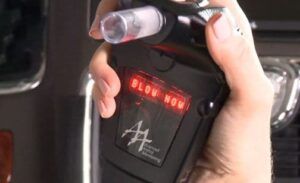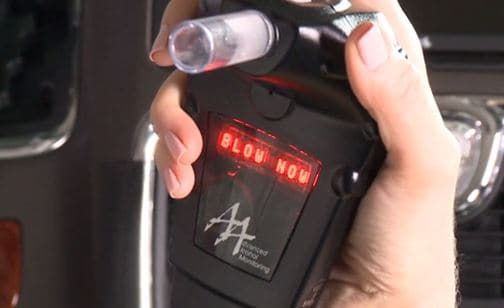 Most people don’t think about breathing; they just do it. But when you have a lung issue like COPD, emphysema, or asthma, breathing becomes difficult to the point where every time you inhale it’s a struggle. These breathing issues can affect your entire life, but they become especially problematic if you have recently found yourself with a drunk driving conviction and you need to blow into an ignition interlock.
Most people don’t think about breathing; they just do it. But when you have a lung issue like COPD, emphysema, or asthma, breathing becomes difficult to the point where every time you inhale it’s a struggle. These breathing issues can affect your entire life, but they become especially problematic if you have recently found yourself with a drunk driving conviction and you need to blow into an ignition interlock.
An ignition interlock tests your blood alcohol concentration (BAC). All you have to do is blow into an ignition interlock with a steady stream of air and wait for a read out. If you haven’t been drinking, you’ll receive a pass and your vehicle will start. If you have been drinking, you may be sitting in the driveway for a while.
But there’s another reason why you may not be able to pass your ignition interlock test: if you have a lung condition and aren’t able to blow into the device to give it a proper breath sample, it might not work. How much breath your device requires varies by state, so you should find out from your provider exactly how much of a sample you’ll need to provide.
Depending on your state you can order an ignition interlock that requires less breath to use, but if you’d like to do that you’ll have to check with your Guardian Interlock provider, the DMV, or your lawyer to see if it’s possible in your location.
Keep in mind that if you’re suffering from COPD, asthma, and other breathing issues and you’re using inhalers, they could affect the outcome of your ignition interlock test. Your inhaler may contain chemicals like ethanol, and if you blow into your ignition interlock right after using your inhaler, you may receive a fail on your test.
It’s not easy to use an ignition interlock if you have a breathing condition, but it is possible. If you continue to have trouble, be sure to consult the proper offices or your lawyer to see if there’s a solution that will work for you.
